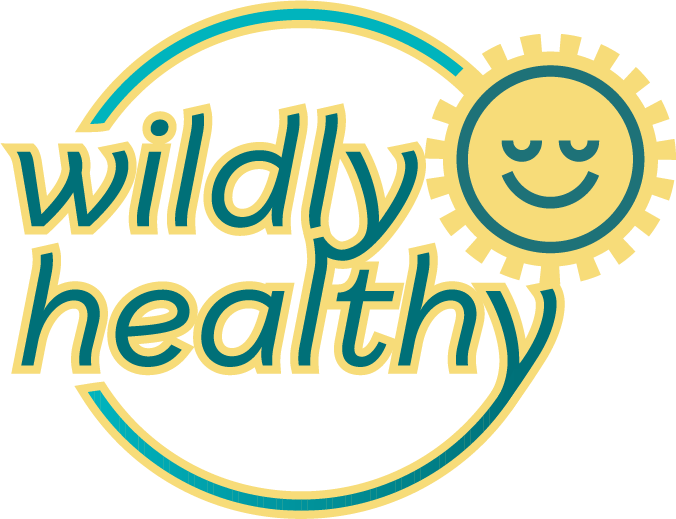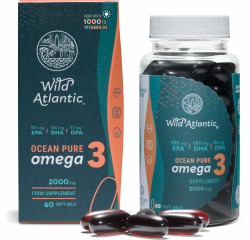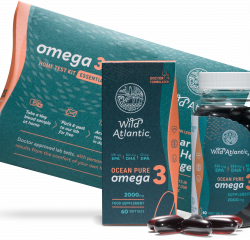Would you be interested to hear that a little known family of molecules, Vitamin K, maybe the missing ingredient in your diet? And may decrease your chance of dying from heart disease or osteoporosis, two leading causes of death. It may even help with diabetes, kidney disease, rheumatoid arthritis and certain cancers. (ref)
We all have family members or friends who have had that life-threatening health issue that has been difficult for us to witness. Maybe you are even in that position with your health and don’t know whether taking any nutritional supplements could improve your health. Let’s look at some of the most common illnesses that threaten our longevity and optimum health. And how vitamin K2 could help. While we always recommend a healthy diet first, we know that today’s food is no longer as nutrient-dense as generations ago. Crops are grown in the same soil over and over again, depleting the soil of nutrients. Food is harvested early to get to the supermarket and have some lifespan in transit. The result is it’s no longer sun-ripened, so essential nutrients are not in the fruit and veg, which would be there if left to ripen in the life-giving sunshine. As we age, we need more of certain nutrients as the body is less able to store, metabolise and absorb them. Let’s look at how Vitamin K2, which may never have entered your thinking, can help you.
Knowledge is power, and I’m here to help you realise that transformed health is accessible to you and your loved ones.
What is vitamin K?
You might have heard of Vitamin K1 (phylloquinone), well known for its clotting factor. This Vitamin is blocked in the body by Warfarin (Coumadin), a blood-thinning medication given to people for the past few decades who are at risk of blood clots that may cause heart attacks or stroke. (It is really and truly rat poison). In fact, the use of Vitamin K antagonist drugs (Warfarin) has been shown to induce calcification and vulnerable plaque in the arteries, thereby creating the problem it is supposed to solve. (ref)
More recently, the pharmaceutical industry has developed new drugs and have called them NOACs (Non-Vitamin K oral anticoagulants). These are now thankfully being phased in for preferred use for these patients. It is recommended that if you take Warfarin, you don’t add extra Vitamin K1 to your supplements. Vitamin K1 can be found in green leafy vegetables and is essential to stop you from bleeding to death. It prevents you from bleeding when you bump yourself, cut yourself and go to the dentist.
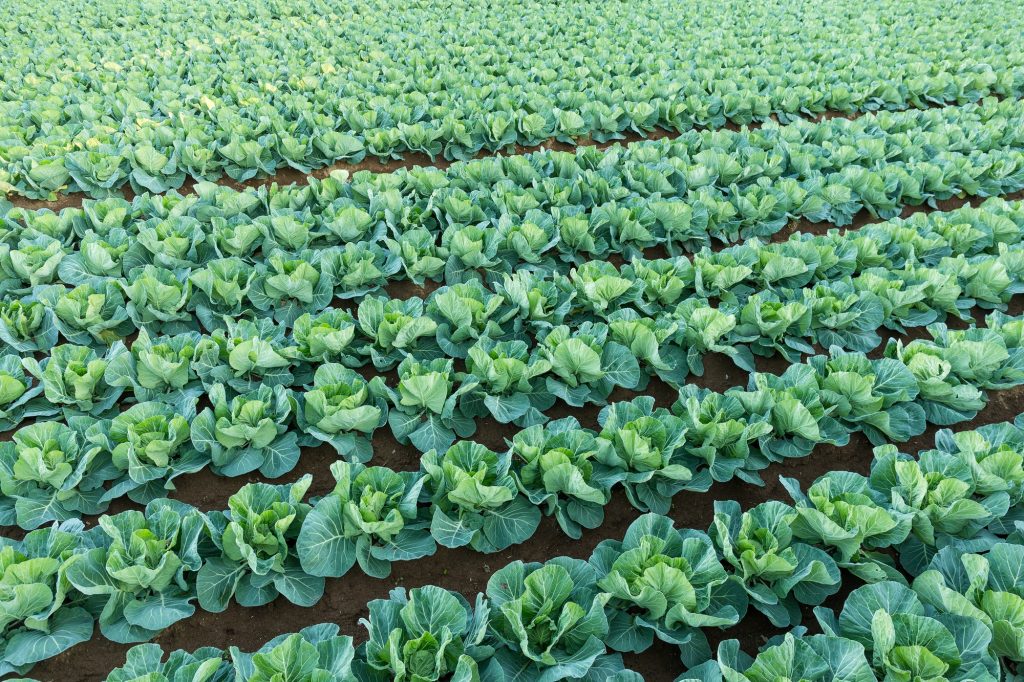
Our interest is in the health benefits of Vitamin K2 (particularly K2-Mk7), a fat-soluble family of vitamins.
These K2 forms are called menaquinones. They are available in modest amounts in fermented foods, but K2-Mk7 is found in abundance in fermented soybean known as “Natto”, a Japanese delicacy. Several fermented kinds of cheese contain some K2-(mostly in Mk4 form, the health benefits research is about MK7). I love buying cheese with holes in it, like Emmental, from the bubbles created in the fermentation process. I suggest you avoid processed cheeses that do not have the same nutritional value and contain colourants and additives. Best to eat real cheese, made in the authentic natural way. (note:- the supplement form of K2 -Mk4 is mostly synthetic). A small amount of Vitamin K2 is made by the bacteria in our large intestine. However, the science is unclear if it is absorbed, as absorption of nutrients occurs in the small intestine. The use of antibiotics eliminates many commensal gut bacteria, reducing our ability to make Vitamin K2.
Our diets have changed over the generations, and not everyone loves fermented foods. I have grown to love these more and more as I realise the health benefits of the tiny microbes in these foods and the metabolites they form in the process. Sauerkraut, kimchi, kombucha, miso, yoghurt and tempeh are all wonderful fermented foods that boost digestion and health. Japanese Natto is not everyone’s favourite due to the strong smell. However, they say when you grow to love it, you don’t get offended by the smell, a bit like mature smelly cheeses.
The more we know about the Microbiome, the more we realise how much our health and well-being is dependent on microbes and their metabolites. They can defend, digest and even make products that are food to our cells. These are fatty acids such as butyric acid, part of the mucous layer which coats and protects our microvilli.
Why the Mk7 version of this Vitamin K?
The length of time that these nutrients remain in your blood differs. Mk4 has the shortest life and quickly disappears in the serum in 1 to 2 hours. Mk7 remains in the blood for around 72 hours, or more than 3 days. Most studies that prove healthy outcomes have been done using the Mk7 form.
Supplementing with K2-Mk7, the form I recommend means you only need to take it once a day. If you were taking K2-Mk4, you would need to supplement several times per day. We suggest anywhere from 180mcg – 360mcg per day maintenance dose.
The absorption of these fat-soluble vitamins is improved by taking with a fat-containing meal. Even a tablespoon of yoghurt helps. (ref)
There are four fat-soluble vitamins, A, K, E and D.
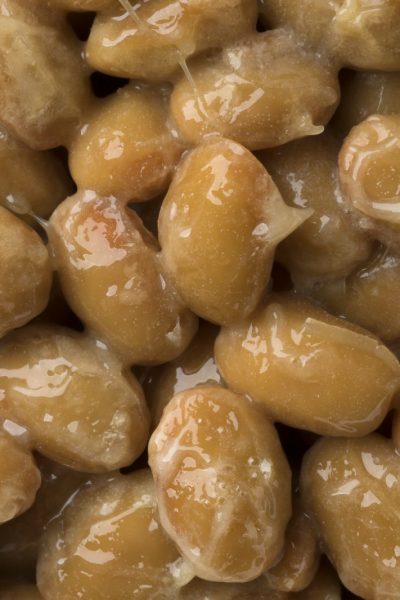
Other articles about Vitamin K
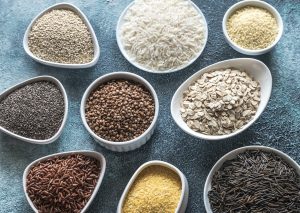
What Happens When You Start Taking Vitamin K2?
What Happens When You Start Taking Vitamin K2? Vitamin K2 is an essential nutrient with significant benefits for bone and cardiovascular health. When you start
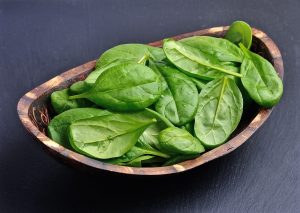
What Happens If I Take Vitamin K2 Everyday?
Daily Vitamin K2 Supplementation: Benefits and Considerations Vitamin K2 is a crucial nutrient that plays a significant role in various bodily functions, particularly in bone

What Foods Have The Most Vitamin K2?
Foods Rich in Vitamin K2 Vitamin K2 is a vital nutrient that plays a significant role in bone health, cardiovascular health, and overall wellness. Unlike




















